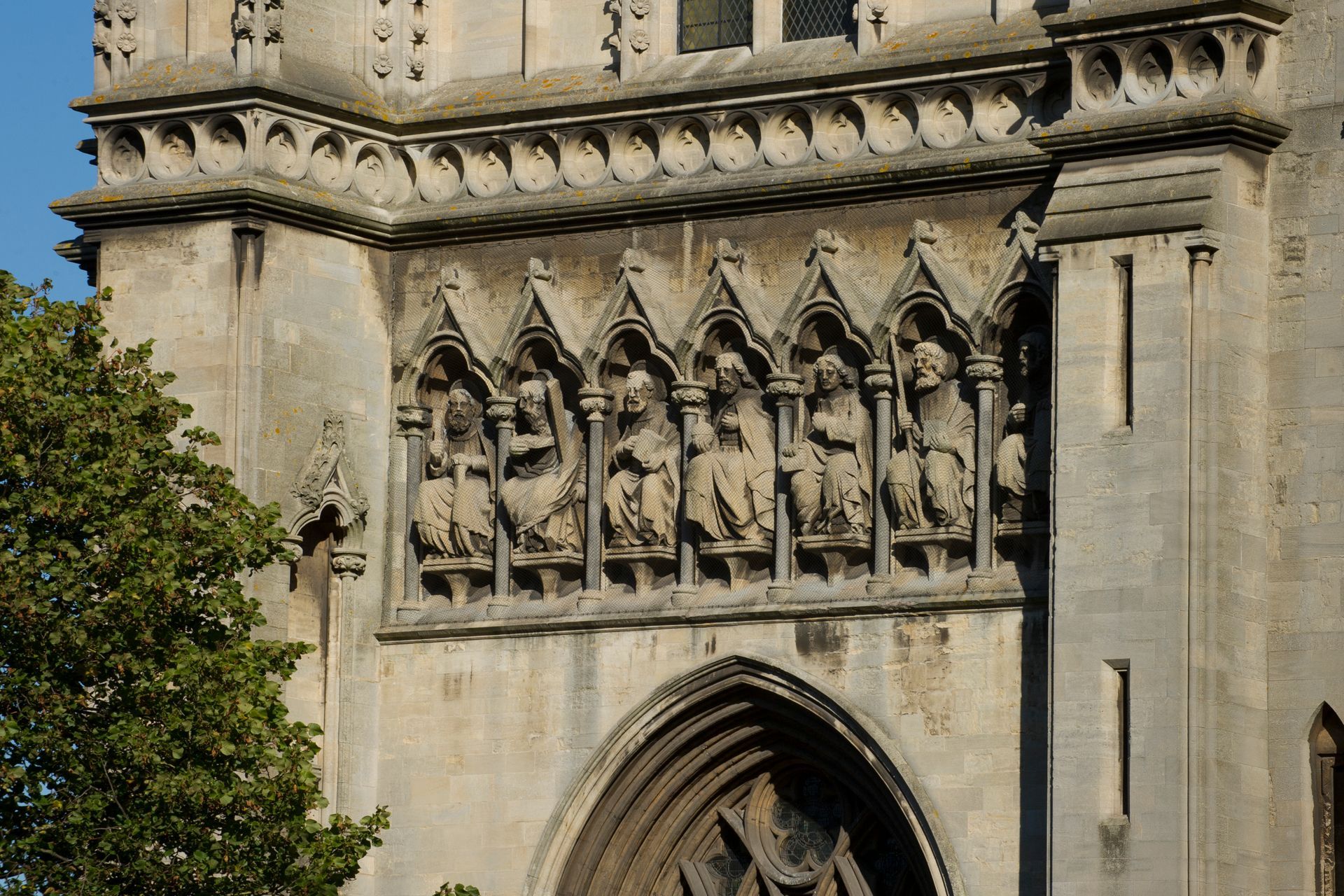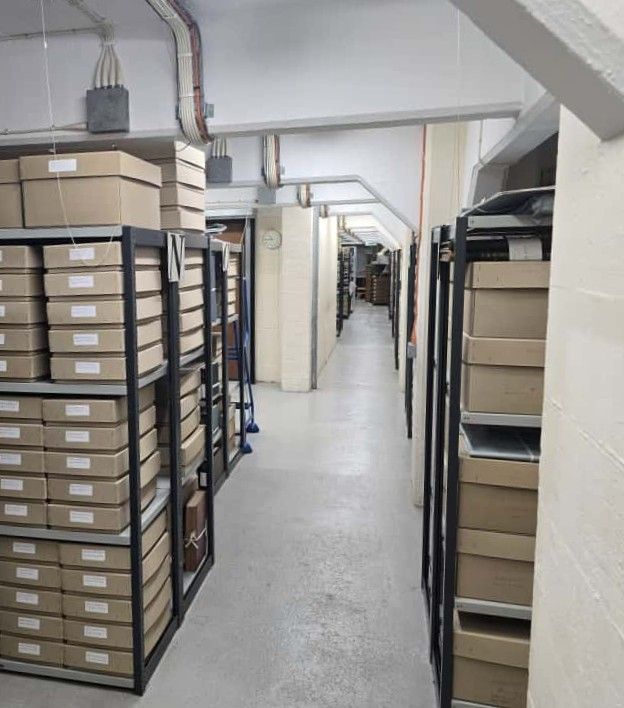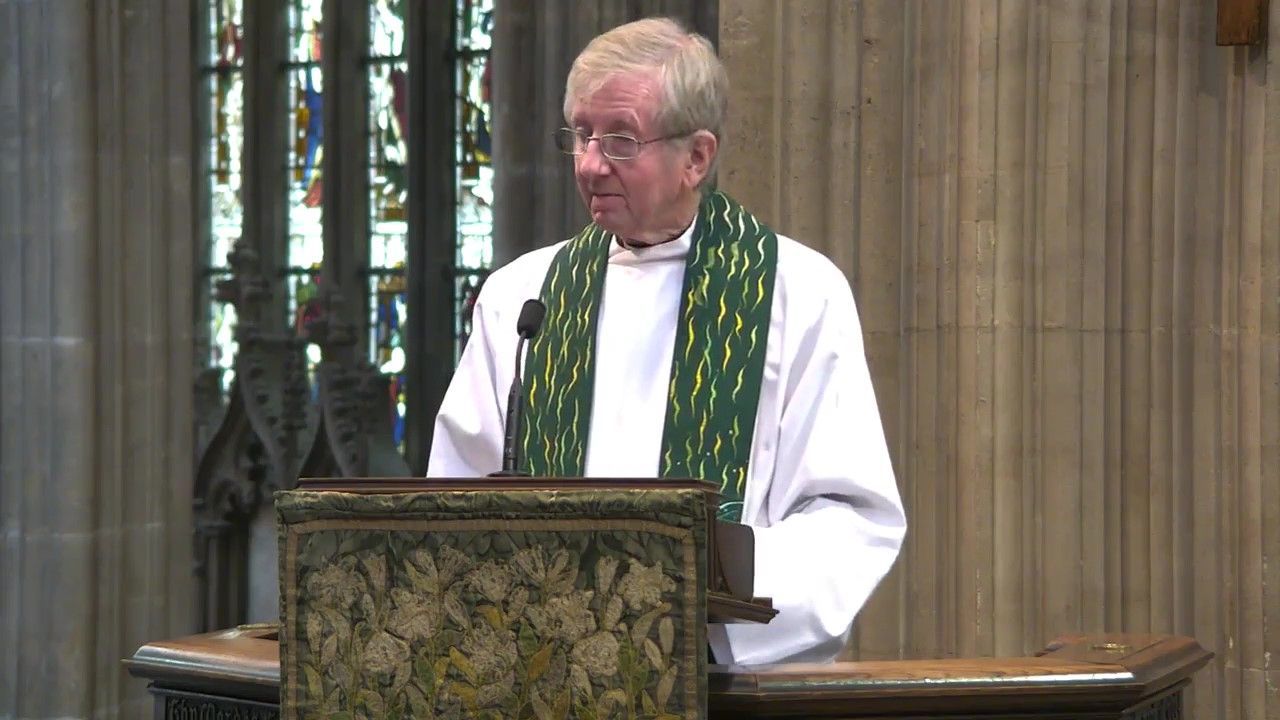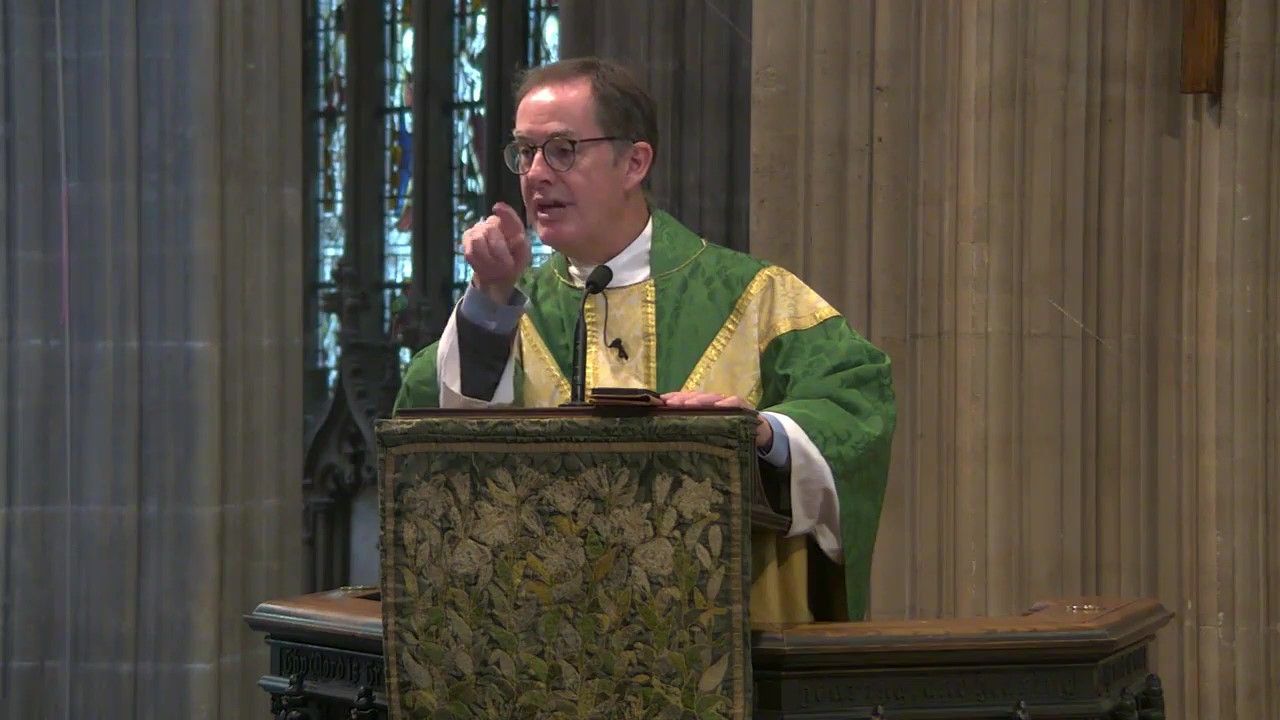No-one who puts a hand to the plough and looks back ...
Jesus wasn't to know about GPS satellite navigation and how ploughing a field in a straight line doesn't even need a driver any more ... let alone one who 'keeps their eyes on the road'. It was very different just a few years ago and much more like it was in Jesus' time. It didn't really matter if you were pushing your hand-held plough, driving a pair of oxen or in the cab of a basic tractor: if you turned round, if your looked back, it is highly probable that you would not plough in a straight line.
Nevertheless, Jesus wasn't really talking about ploughing or about those who plough. He was talking about those who are unable or unwilling to fully commit. That's what this Sunday morning's gospel reading is about (Luke 9.51-62). To one person who declares an intention to follow him, Jesus suggests that they won't get the room service they are used to. To another Jesus response seems really cruel: let the dead bury their dead. To the third, who wants to nip home and say "Cheerio" to the family, Jesus replies ‘No one who puts a hand to the plough and looks back is fit for the kingdom of God.’
This image of Jesus as unsentimental, dispassionate and uncaring is at odds with the image of the shepherd, the pastor, the teacher. Here Jesus seems to be entirely lacking in emotional intelligence which is a characteristic highly prized today and searched for in those who would become clergy.
Maybe the answer is to be found either side of this extract from Luke's gospel. At the start of the reading we learn that Jesus is "setting his face towards Jerusalem" and we, who know how this story pans out, knows what will happen there. In the scenes leading up to this, Jesus encounters an exorcist, has to settle a squabble about greatness between two of his disciples and has had to tell them all "Let these words sink in: the Son of Man is going to be betrayed".
And immediately after this passage, Jesus sends out seventy of his followers to every town and place where he is going to go. He tells them that the harvest is plentiful but the labourers are few. He tells them that he is sending them out like lambs into the midst of wolves. He tells them to take no purse, no bag and no sandals. He tells them to expect some of the places they visit to reject them. And he tells them to say to everyone: "The kingdom of God has come near to you."
This is not a place for the faint-hearted, for those lacking in commitment to the cause and for those who, with a hand on the plough, might look back.
Dan Tyndall
June 2022






